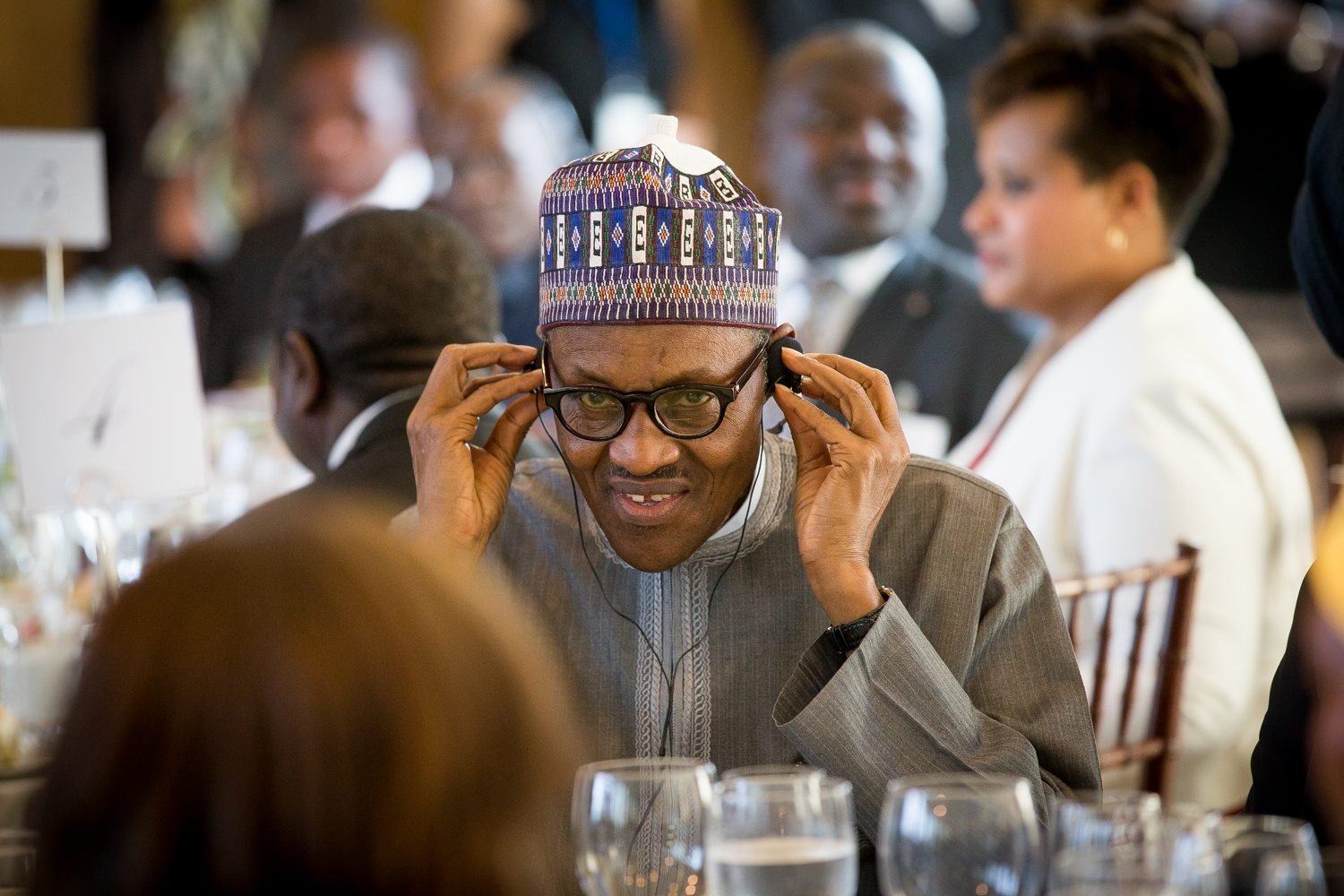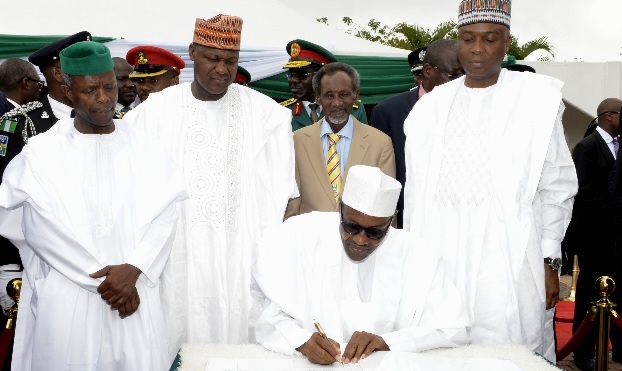The latest offensive by Boko Haram and the 55th Independence anniversary with the last-minute submission of 21 ministerial nominees by President Muhammadu Buhari could have made Nigerians forget another major incident. I speak of the marriage, or intended marriage, based on information that it will not be consummated yet, between Emir Muhammadu Sanusi II of Kano, 54, and an 18-year-old daughter of the Lamido of Adamawa in Adamawa State.
There has been fulmination on both sides of the divide much of which to me were huffing and puffing without most commentators bothering to look at the wide implications of the marriage especially in the context of girl child education in Nigeria, particularly the northern part of our country. A tricky issue as it straddles both culture and religion, two areas where some of us tend to lose our objectivity, I intend to examine it from the prism of education and choice as it affect women in marital issues and the broader ramification of what it can do to our national development. Yes, national development, as the Emir since he assumed office on June 8, 2014 has positioned himself as a reformist emir and one who seeks to shape political development in Nigeria.
Not one to shy away from speaking his mind on politics, a clear departure from his predecessor and other traditional rulers who prefer to play behind-the-scene politics even when they still desire to exert influence on the electoral process and governance. Culturally, the emir has done no wrong and this is seen in the cultural ethos of the people he leads. As the culture of the area has also been influenced largely by the Islamic religion, he has committed no sacrilege by seeking to take an 18-year-old as wife. Further, as elementary sociology teaches, no culture is inferior or superior to another so we cannot afford to cast any aspersion on the norm of a group of people. However, culture, like any other human attribute, is supposed to be dynamic and we should be moving away from practices that are inimical to our existence in these days when the world has become a global village, please pardon the cliché.
Religiously too, he is on the right path even though he has three wives, Sadiya, Maryam, and Rakiya already. Indeed as one who is not just a practising Muslim, but also an Islamic scholar having obtained a degree in Sharia and Islamic Studies from the African International University, Khartoum, Sudan he must be familiar with Surah An-Nisaa 4: 3 which says “And if ye fear that ye will not deal fairly by the orphans, marry of the women, who seem good to you, two or three or four, and if ye fear that ye cannot do justice (to so many) then one (only) or (the captives) that your right hands possess. Thus it is more likely that ye will not do injustice.” This is usually the basis for polygamy but the ayat also provides a caveat of inability to do justice to many wives. It will, however, be unfair for those of us who do not have access to the emir’s family to talk about whether his leadership at the home is fair or not. By the way, an 18-year-old is deemed an adult in the land based on our constitution.
Advertisement
But what does this say about a reformist emir, especially one who has been in the public arena for a while. Long before the popularity of internet in our country, many of us encountered the emir on newspaper pages espousing some radical views and I remember meeting him for the first time in 2002 at the 40th birthday of a senior colleague with whom he was chummy then.
His response, circulated widely on the social media though to a group he belongs to, confirmed the stereotypical view of male superiority and female subordination, aspects of patriarchal practices common in our part of the world. Though he claimed that it was the lady’s choice, he said further that because of historical linkages, the Adamawa kingdom was the logical choice for him to take a wife after becoming an emir. Can we really say then that he was the lady’s choice for marriage? In these days when teenagers are dancing to the songs of Kiss Daniel, P-Square and WhizKid, would the lady really prefer hanging out with his father’s friend to her mates? I think her development as a ‘normal’ teenager with the foibles and mistakes particular to that age group has been attenuated, no matter the way we look at it.
This is particularly worrisome for a region that has the lowest school attendance rate for girls, according to UNICEF. Viewed against the backdrop of the fact that equal access to education is the foundation for all other development goals, now christened Sustainable Development Goals, what message does this send to other parents of girls in the area?
Advertisement
Let’s hope, as the emir said, she will be allowed to complete her tertiary education and other issues in the kingdom will be enough to keep him busy for the next four years. I hope he would also have the political will for change, no matter how difficult the change may be.
Zaki, Allah ya ja zamani ka!
Views expressed by contributors are strictly personal and not of TheCable.
Add a comment





